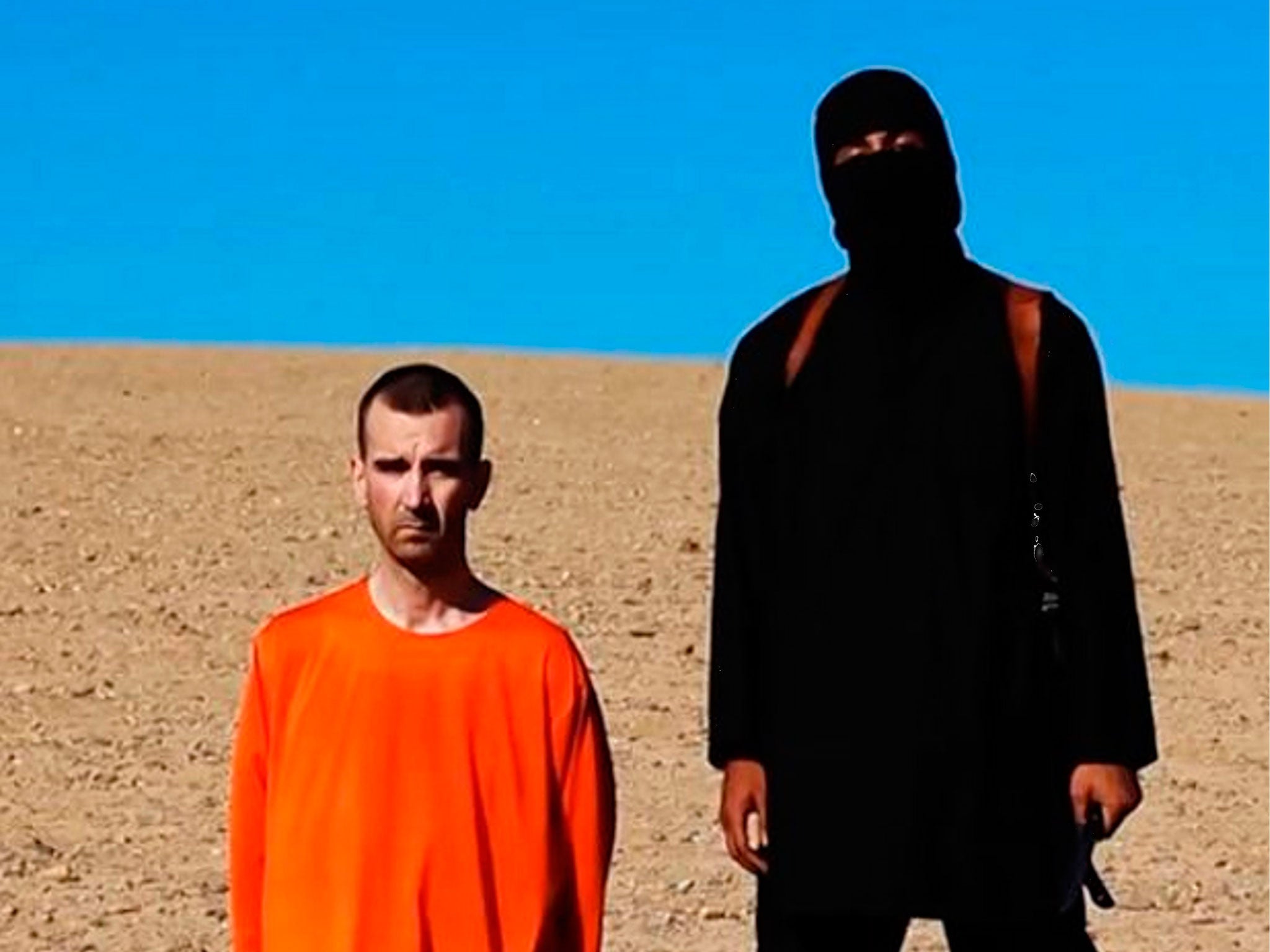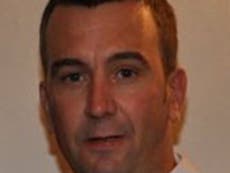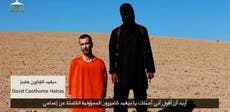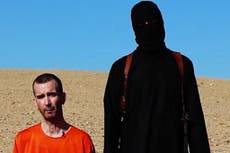David Haines beheading: Was a news blackout on Isis hostages the right option?
Some hostages, after the event, have been critical of the FCO

From the beginning of the Isis hostage crisis the position of the British Government has been clear and unambiguous: all publicity around the plight of UK hostages will simply raise their propaganda value and increase the chances they will be killed.
It is a position which the UK media has largely respected and explains why newspapers and broadcasters in this country have been so reticent about reporting on the identities of the UK hostages held by Isis, even though they have been widely reported elsewhere.
It is why for months the UK media did not report that there were British hostages being held by Isis.
But how wise has this strategy been – for the hostages themselves and their families back home – especially as it appears to be changing somewhat with the release of an officially sanctioned photograph of the latest threatened hostage, Alan Henning?
One strong argument in favour of silence is that no one in the outside world knows what a hostage has told their kidnappers. In a situation where nationality is important they might have claimed to be Irish rather than English. Or if public details emerged of previous military service, that might be information which the hostage takers did not know that could put the kidnap victim in greater danger.
But then the opposite may also be true. When the journalist Jon Swain was kidnapped in Ethiopia and a news blackout was imposed, his captors said he must be a spy because if he was a real journalist his paper would be reporting his disappearance. The same could well be true in Syria.
There have also been occasions when publicity has been successful in helping to secure the release of hostages.
But David Haines had no such solace – at least until his family decided to make a public appeal for his release last week.
There is also the question of the family. In recent weeks, as the Foreign Office has attempted to sustain a news blackout , it has cited the views of the families as the principle argument for the media not naming hostages.
Some hostages, after the event, have been very critical of the way the FCO handled their cases. Paul Chandler has said that if the family hadn’t campaigned for their release “we’d still be there”. He added: “And the Foreign Office would be happy.”
Finally there is the question of whether silence makes a rescue attempt more or less likely. The Foreign Office would argue that public pressure for, and speculation about, a possible rescue makes it much harder to achieve as kidnappers will move their hostages more frequently and make it more difficult for it to be successful.
But then a more cynical view might be that without public pressure, why would a political leader authorise a risky military rescue mission that could very easily go wrong?
None of these dilemmas is easy. But they are dilemmas that should be in the public domain – even if the identities of hostages are not.



